Projects & Partnerships
Health and Risk Communication affiliates have partnered across departments, across colleges, and with outside organizations.
An interdisciplinary team of researchers at Michigan State University will work to help eradicate Guinea worm disease, in a project for The Carter Center. Their work will serve the Guinea Worm Eradication Program in Chad, a country where infections caused by Guinea worm larvae remain a serious issue.
For more information on the project, visit The Carter Center Website.
For the full press release, click here.
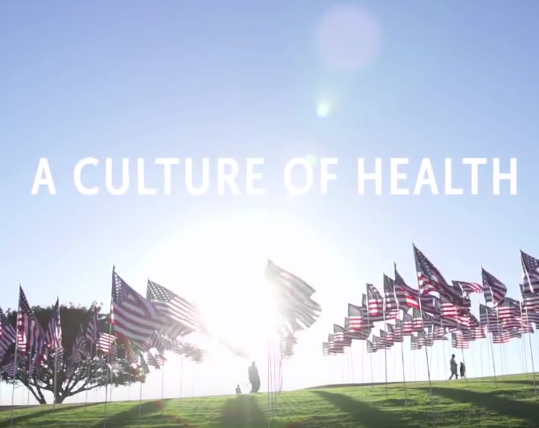
Designing for Diffusion
A Model for Introducing Global Ideas to the U.S. In this project, HRCC researchers created and tested a model for what helps, and what hinders, when U.S. organizations try to adopt successful health projects from around the globe. Funded by the Robert Wood Johnson Foundation. The views in this project do not necessarily reflect the views of the Foundation.

The Flint Water Registry Project
In partnership with MSU physicians and researchers, HRCC faculty have worked with faculty and staff at several institutions to enhance communication efforts associated with the Flint Water Registry. The Registry was designed to help community members impacted by the Flint water crisis. To learn more and/or enroll, visit flintregistry.org, or call (833) GO-FLINT. Contact: Maria Lapinski

National Social Norms Center
HRCC faculty partner with the National Social Norms Center, which is housed at Michigan State University. Faculty work on social norms campaigns, and advise on other project activities.
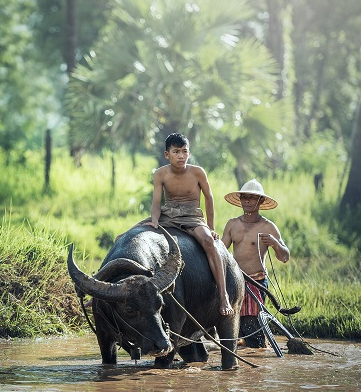
Lancet One Health Commission
HRCC Director Maria Lapinski was selected to participate in the Lancet One Health Commission, organized by the Center for Global Health at the University of Oslo. The objective of the Commission is to synthesize current evidence on One Health for timely policy translation at local and global levels. More specifically, the commission aims to synthesize evidence related to infectious and noninfectious diseases, and food security; strengthen involvement of actors such as pharmaceutical, biotechnical, and information companies; and produce recommendations recommendations for policies, implementation, and governance of One Health.
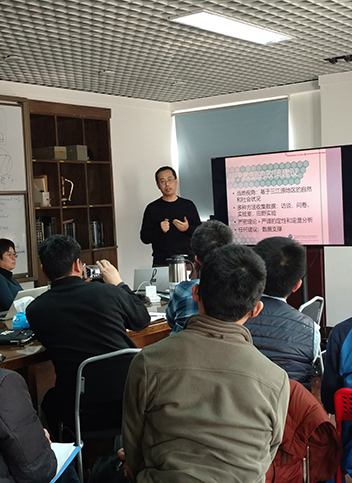
Communication and Effectiveness of Payment for Ecological Services Programs
This research collaboration between MSU and Shanshui Conservation Center in China spanned 5 years and received funding from the U.S. National Science Foundation (SMA-1328503). It had three main objectives:
- Develop culturally specific measures of social norms and related variables in real world settings.
- Understand and predict the effects of short-term payment for environmental services interventions.
- Translate the findings to make policy recommendations for the design of PES interventions.
The project ended in 2018, with a workshop for conservation organizations and researchers in Beijing to discuss the key findings and recommendations described in this one pager and in these publications:
- Long-Term Effects of Payments for Environmental Services: Combining Insights from Communication and Economics (Sustainability, 2017)
- Social Norms, Behavioral Payment Programs, and Cooperative Behaviors: Toward a Theory of Financial Incentives in Normative Systems (Human Communication Research, 2017)
- Characterizing Interpersonal Influence for Grassland Conservation Behaviors in a Unique Population (Environmental Communication, 2018)
Contact: Maria Lapinski
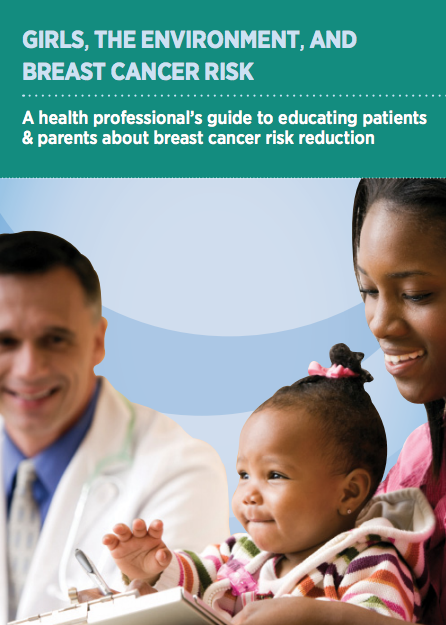
Breast Cancer and the Environment Research Program
Researchers from the College of ComArtSci have partnered with the Breast Cancer and the Environment Research program (BCERP) to study the effects of environmental exposures on breast cancer risk. The grants are co-funded by the National Institute of Environmental Health Sciences (NIEHS) and the National Cancer Institute (NCI).
The goals of this research are twofold: to better understand public perception of breast cancer and the environment, and also to design and deliver advanced training to pediatric healthcare providers on the topic of breast cancer and the environment. Learn more at the BCERP website. Contact: Sandi Smith
Trifecta Initiative: Communication, Health, and Technology
The MSU colleges of ComArtSci, Engineering, and Nursing have joined forces to create the Trifecta Intiative: a winning partnership of three innovative colleges. Trifecta is a launchpad for the interdisciplinary development of innovative computing and communication technologies to improve healthcare delivery and to address health disparities. The Health & Risk Communication Center co-sponsors events with Trifecta, and encourages HRCC affiliate involvement in Trifecta funding opportunities. Learn more at the Trifecta website. Contact: Jeff Searl
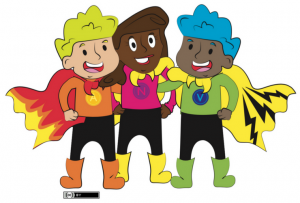
MyT1DHero: Type 1 Diabetes Management App for Families
HRCC affiliate faculty member Bree Holtz and her team have developed and are testing an innovative mobile phone app, MyT1DHero. This app connects adolescence affected by type 1 diabetes with their parents, to help support their transition to self-management of their condition. To learn more, visit the MyT1DHero website or check out this informational video. Contact: Bree Holtz
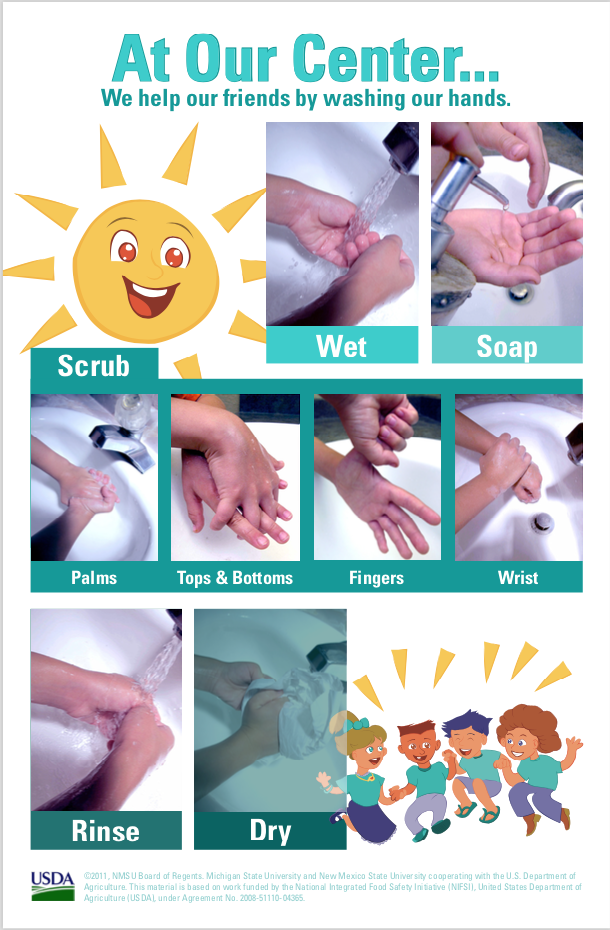
Handwashing and Hygiene Initiatives
A Content Analysis of Hand Hygiene Materials Targeting Elementary-Age Children
Researchers from MSU's Health and Risk Communication Center, along with researchers from Clemson University, have teamed up on a United States Department of Agriculture (USDA) grant to create an intervention that encourages hand hygiene in elementary schools. To develop this intervention, the team analyzed content from 144 current hand hygiene curricula as noted in this appendix. This project was supported by the USDA, the National Institute of Food and Agriculture, and the Agriculture and Food Research Initiative (grant 2011-51110-31020). Contact: Elizabeth Quilliam
Because I Care, I Wash My Hands
A team of researchers from MSU, New Mexico State University, and Kansas State University were funded by NIFSI and the USDA (Agreement No. 2008-51110-04365) to create a fun, hands-on curriculum to help young children understand how hand-washing keeps their friends and family healthy. This evidence-based, five-day curriculum is ideally suited to child care centers, and is available for free at the project's website. Contact: Maria Lapinski

